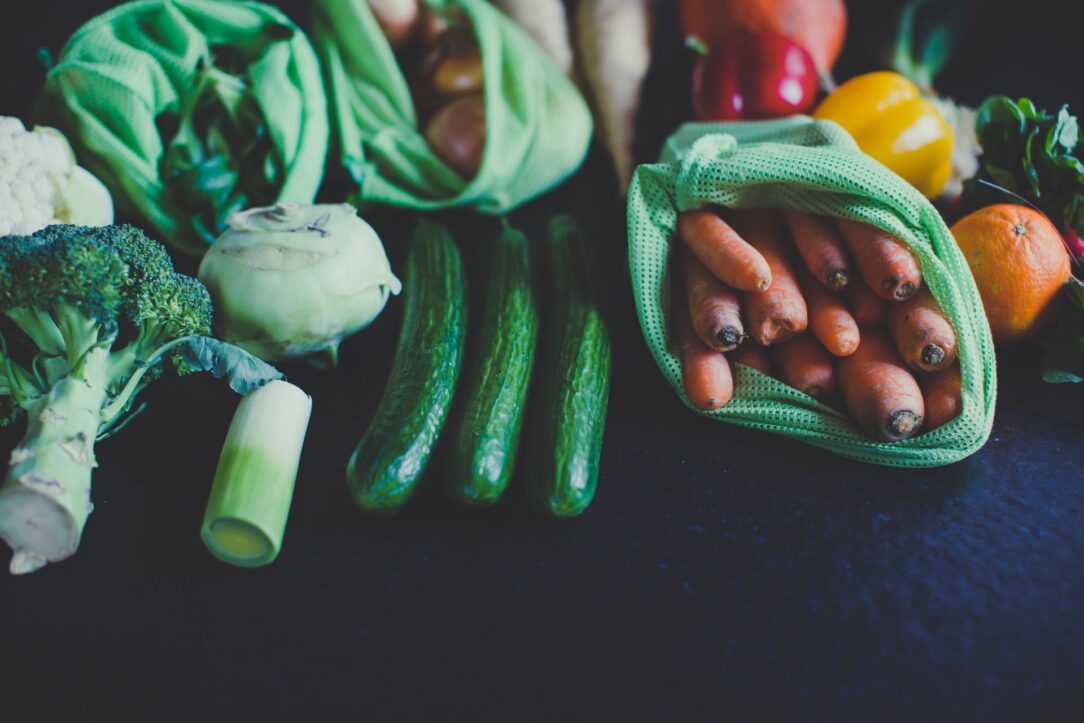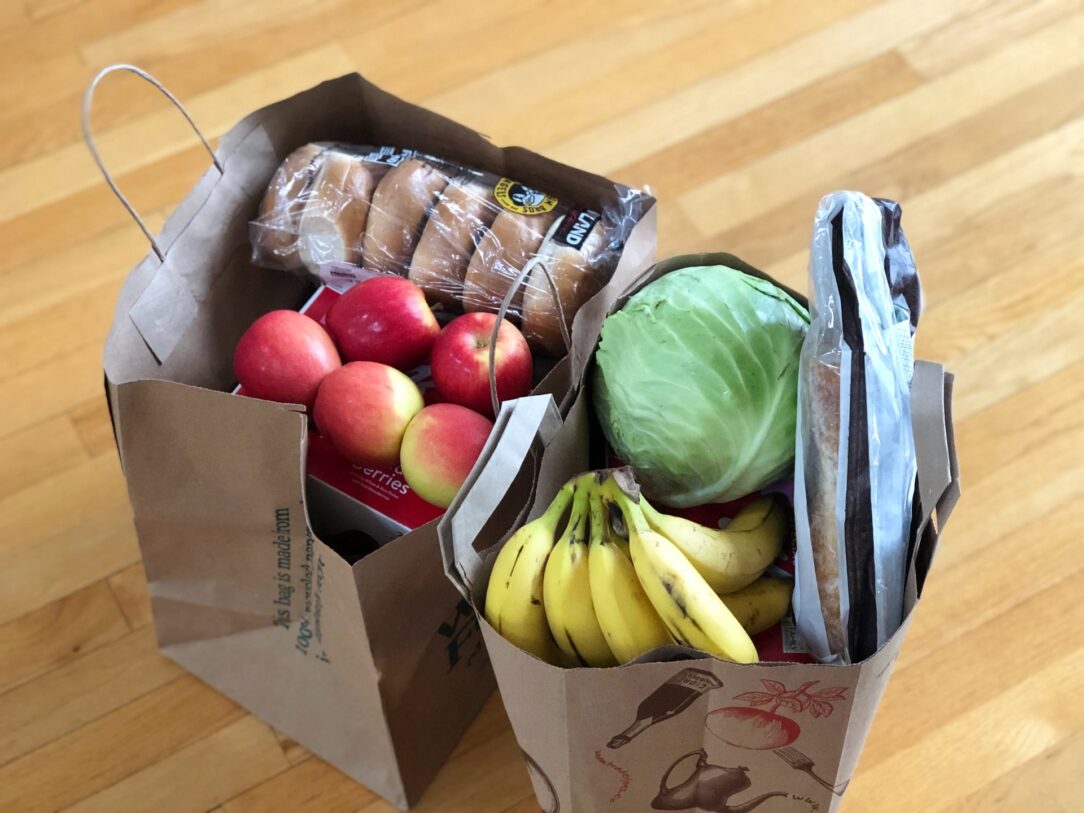Between the pandemic and inflation, living on a strict budget is the only way to keep your head above water. Shopping smart for all you need is part of the very pertinent changes you have to make to survive. There are several ways in which you can do this, and we will explore some of them with you below. Please don’t fret; shopping on a budget does not translate to boring. You can still get all the nice stuff you like; you just have to be clever about it. Let’s get into it.
1. Shop around and compare Prices
Before you commit to buying from a specific store or purchasing certain items, have a look around at the best deals you can get for those items. A lot of the time, stores run specials periodically, and they advertise them before the date. For example, Latestspecials.co.za shows promotions and deals available across many stores and departments so you can have a holistic view of what will be available, when and at what price. It is a good tool to use to help you make a budget that will work for you before you go out and shop. Once you get the hang of it, you can employ this method across all your shopping needs and this will help you stretch your money further and leave you with a little change for other things.

Source: unsplash.com
2. Buy only what you need.
Being on a tight budget already limits what you can buy. The best way to really make your money longer is to purchase only what you need. This will limit your spending entirely and may also allow you to make your money go further for other things that you may need. Food is an expense we cannot run away from therefore when you buy, make sure it is only what you need and not more. The temptation to buy a box of avocados is great when it is on special, but do you really need 30 ripe avos at one go? If you must buy more, be sure to check the expiry date of the items and make sure they are things that have a long shelf life like baked beans, tinned fish, cooking oil and other items like them.
3. Try to avoid takeout.
While buying takeout is convenient and easy, Over time, it is an expensive exercise. Once in a while, of course, a treat is needed, but on a daily basis, it does not make financial sense. It is cheaper to buy your ingredients and make the food yourself at home. Also, buying ingredients means you can use them across a variety of dishes and not just the one you are craving. This will also help you to save some extra money that you can then use for other expenses to balance out your budget. Furthermore, it will make you healthier; a lot of takeout food is packed with unhealthy fats, preservatives, high levels of sodium and sugar. Too much of these lead to increased chances of heart disease.

Source: unsplash.com
4. Do not shop under pressure or without a list.
If you do your shopping under pressure, you are likely to purchase things you do not need, or the wrong items altogether, or you will leave some out. Try to shop when you are not in a rush, so you are fully present and conscious of what it is you are throwing into your basket. As simple as it sounds, a shopping list will streamline your shopping altogether, so the risk of forgetting anything or buying what you do not need is almost entirely eliminated. To make it feel less militant, you can reward yourself with a small treat for sticking to your list. This will then make it less daunting the next time you shop. A list will also make your shopping experience efficient; you will not waste money or time. Another advantage of having a list is that instead of making a new one altogether, you can use the one monthly and add or remove from it as your shopping needs arise. There are shopping list apps that have been created that even allow you to put the price of items before you shop so this will also help with properly planning your shopping and your budget.
5. Consider Mobile Apps and Delivery Services
Online shopping is the new norm, and if you are so inclined, it can help save you some money. For example, some stores have different online and in-store prices, usually when they are running specials. If the online price is cheaper, rather order your items online and have them delivered to you or pick them up in-store if that option is available. You would need to do a little research first to determine whether this will work for you and if these services are available where you live.

Source: unsplash.com
6. Find more cost-effective alternatives.
This is mostly brand-related. Stores like Checkers, Shoprite, and Pick n Pay have their house brands available, and they are usually cheaper than the popular brand items, depending on the product. There may be a concern that the cheaper alternative compromises the quality of the product, but this is not entirely true. If you need to tighten your belt, the alternatives are your best bet. They will allow you to still have the flavours and things you like, just at a price that is friendlier to your pocket.




